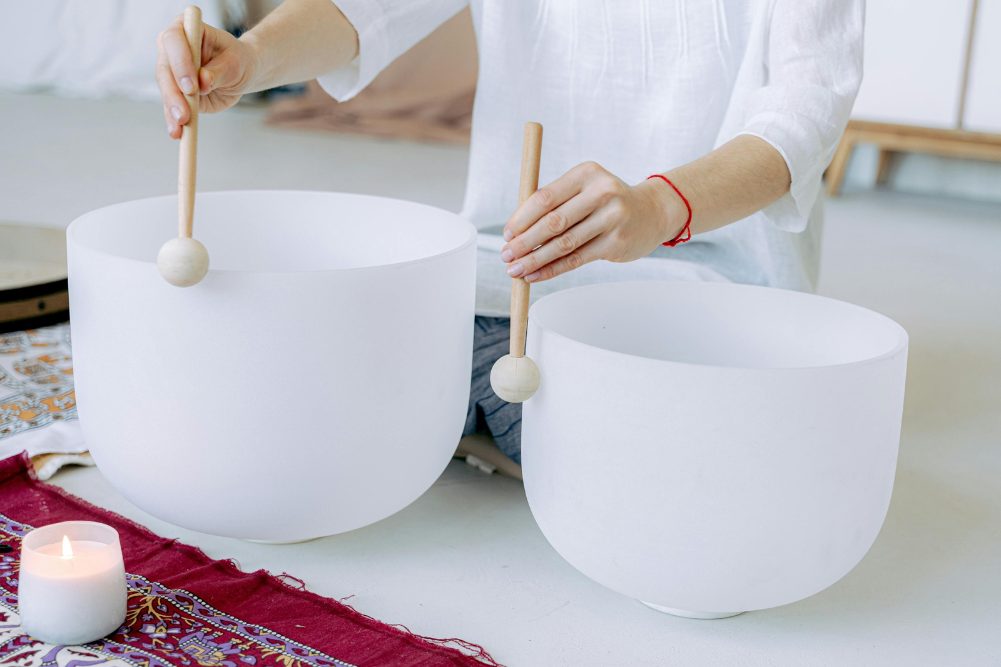Passing behaviour
How attached are you to your coffee mug? Are you really quite fond of that pen you have? Maybe you have a quiet, and inexplicable, appreciation of that new pair of scissors you have in the draw? You might think that all of these bonds to the inanimate objects of your life are your own little secret but as with everything else about us, or actions betray us. According to a new study, you will pass objects that you own in a different way to an object owned by somebody else.
In this new study researchers recruited pairs of friends. A week before the experiment each subject was given a mug to keep. The difference between the mugs was just the colour. The subjects were told to use their mug every day and to make sure that only they used it. This was aimed at giving them a sense of ownership of the mug.
In the experiment, the subjects brought their mugs with them and sat across a table from each other. The researcher would place a mug at a point on the table and ask one of the subjects to pass it to the other. Sometimes the receiver of the mug was told to pick it up by the handle and in other instances was told to remain still.
Using motion capture technology, the researchers found that the passer’s hand rotated the handle of the mug more toward the friend when they expected them to pick it up. There was however, a more interesting finding than this.
It also emerged that passers rotated the handle slightly less when passing their own mug compared to when they passed the friend’s mug or the researcher’s mug. The researchers did expect that people might help more of the object was owned by the receiver, but the fact that they were just as generous with their handle movement when the mug belonged to a relative stranger suggests that the difference is more about self-interest when it comes to the passer’s own possession.
You might think of yourself as a generous, caring person but the question is: how far do you really turn the handle when the mug is yours?
Source: Psychological Science








